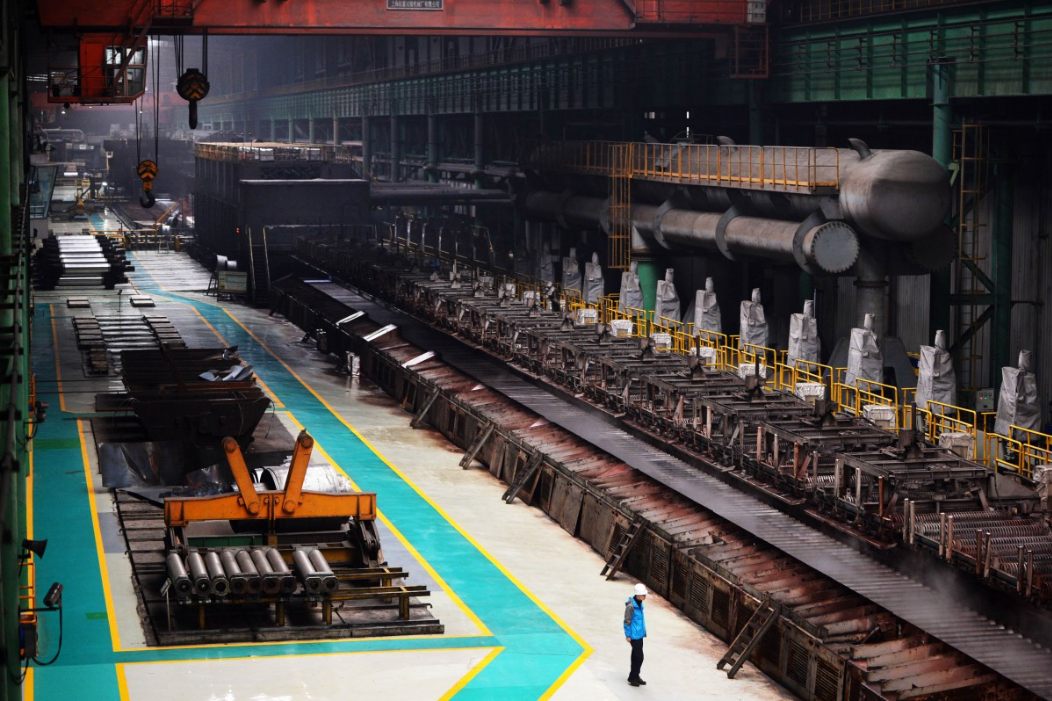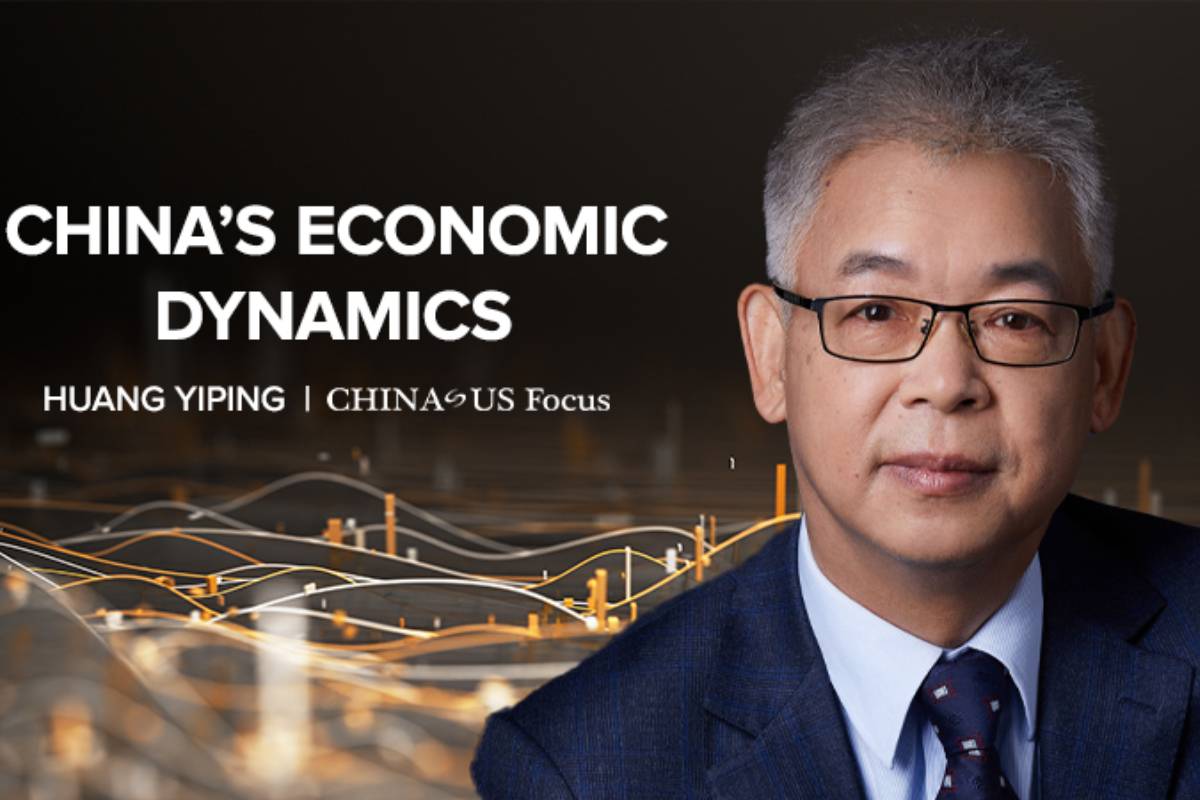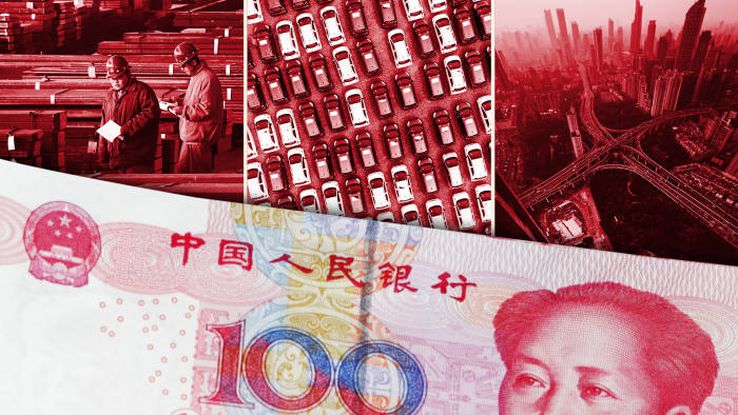
Yu Yongding, Former President, China Society of World Economics
Aug 05, 2024
In recent months, Chinese overcapacity has been a major topic of discussion – and a source of controversy – among economists and policymakers around the world. While these concerns are not entirely off base, they are excessive and resolvable.

Huang Yiping, PKU Boya Distinguished Professor and Former Member of the Monetary Policy Committee, People’s Bank of China
Jun 14, 2024
In this interview, Professor Huang Yiping discusses with James Chau, president of the China-United States Exchange Foundation, the trajectory of China’s economy and the factors that influence it. He also discusses the end of China’s so-called economic miracle and explains why the country is now working to transition to a more normal economic growth model. Will China’s local government debt lead to a systemic financial crisis? Huang elaborates on “three perils.”
Xu Hongcai, Deputy Director, Economic Policy Commission
Jul 27, 2022
China’s fundamentals are resilient and robust, and the trend points to normalcy and growth. Trade is up, inflation has been controlled, and while the U.S. Fed’s rate hike pushed many currencies down, the Chinese yuan has remained stable.

Alicia Garcia Herrero, Chief Economist for Asia Pacific at NATIXIS and Senior Fellow at Bruegel
Feb 26, 2022
China’s regulatory practices defy Western ideals, but show alternative methods of tackling income inequality and social divides. The three most recent crackdowns in education, fintech, and real estate show how China approaches ‘common prosperity.’

Wang Yuzhu, Research Fellow, Institute for World Economy Studies, SIIS
Feb 16, 2022
In China’s new development stage, the growth cycle needs to address the structural issues of economic growth and take into full consideration the issues of group equity, intergenerational continuity and climate inclusion.
Zhou Xiaoming, Former Deputy Permanent Representative of China’s Mission to the UN Office in Geneva
Dec 24, 2021
Biden’s approach is clearly intended to protect the narrow interests of the United States, not to help other member states or to strengthen the organization overall. His announcement that “America is back” doesn’t mean the U.S. will return to its previous multilateral posture.
Xiao Bin, Deputy Secretary-general, Center for Shanghai Cooperation Organization Studies, Chinese Association of Social Sciences
Nov 18, 2021
The country’s self-sufficiency rate has stayed at around 80 percent, but as it transitions to lower carbon, issues affecting energy security are becoming more prominent. Underlying these are structural problems, starting with high dependence on overseas energy.
Ma Xiaoye, Board Member and Founding Director, Academy for World Watch
Nov 15, 2021
As China focuses on the pursuit of common prosperity, reforms should encourage making the overall cake bigger, so that more can find its way to labor. This will unleash consumption as a growth driver and bring many other benefits.
Wang Yuzhu, Research Fellow, Institute for World Economy Studies, SIIS
Oct 18, 2021
The historical promise from the CPC to the Chinese people has been kept. The concept of common prosperity also has significant developmental implications in rebalancing the world economy. It does not mean killing the rich to help the poor.

Wang Yuzhu, Research Fellow, Institute for World Economy Studies, SIIS
Aug 27, 2021
Correctly understanding each other’s policies will avoid sinking into an infinite negative loop. Speculation about China-U.S. financial decoupling has returned. But politicization of financial matters will only do further damage to the already deteriorating bilateral relationship.